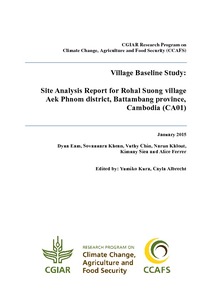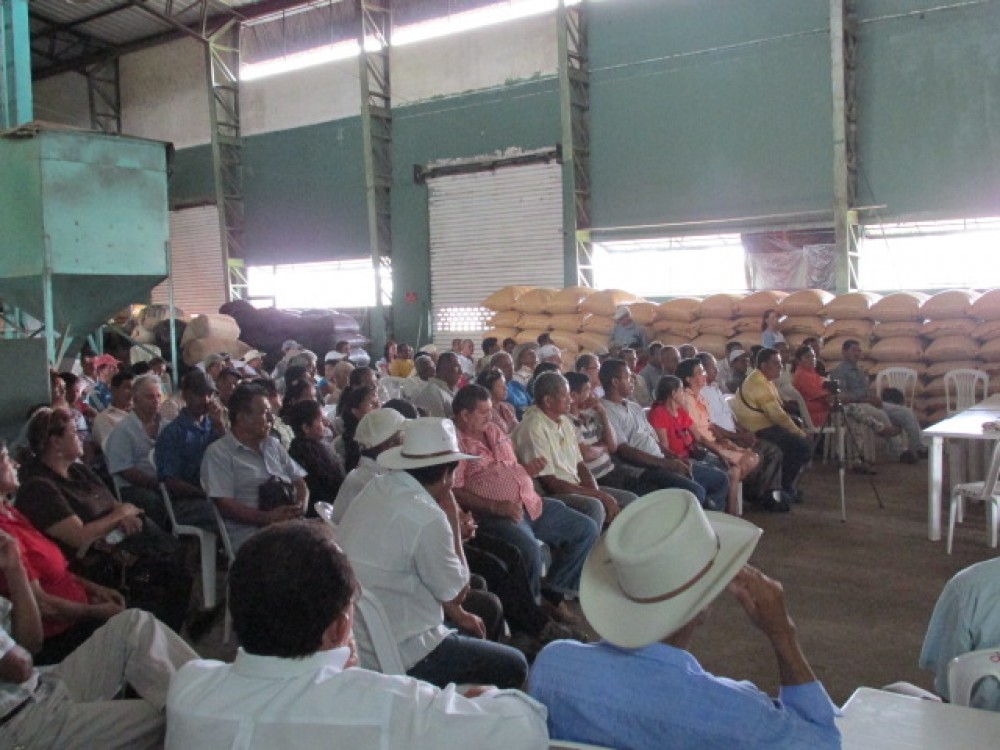Agriculturas campesinas en Latinoamérica. Propuestas y desafíos
Agriculturas campesinas en Latinoamérica. Propuestas y desafíos es la publicación que recoge las ponencias del debate efectuado en La Paz, Bolivia, en 2013, en el marco del seminario internacional promovido el Consejo Latinamericanao de Ciencias Sociales (CLACSO).
El capítulo II Agriculturas campesinas en Latinoamérica contiene el texto elaborado por Oscar Bazoberry Chali, Coordinador General del Instituto para el Desarrollo Rural de Sudamérica (IPDRS), el documento lleva el título Procesos de integración regional y propuestas para las agriculturas campesinas.





